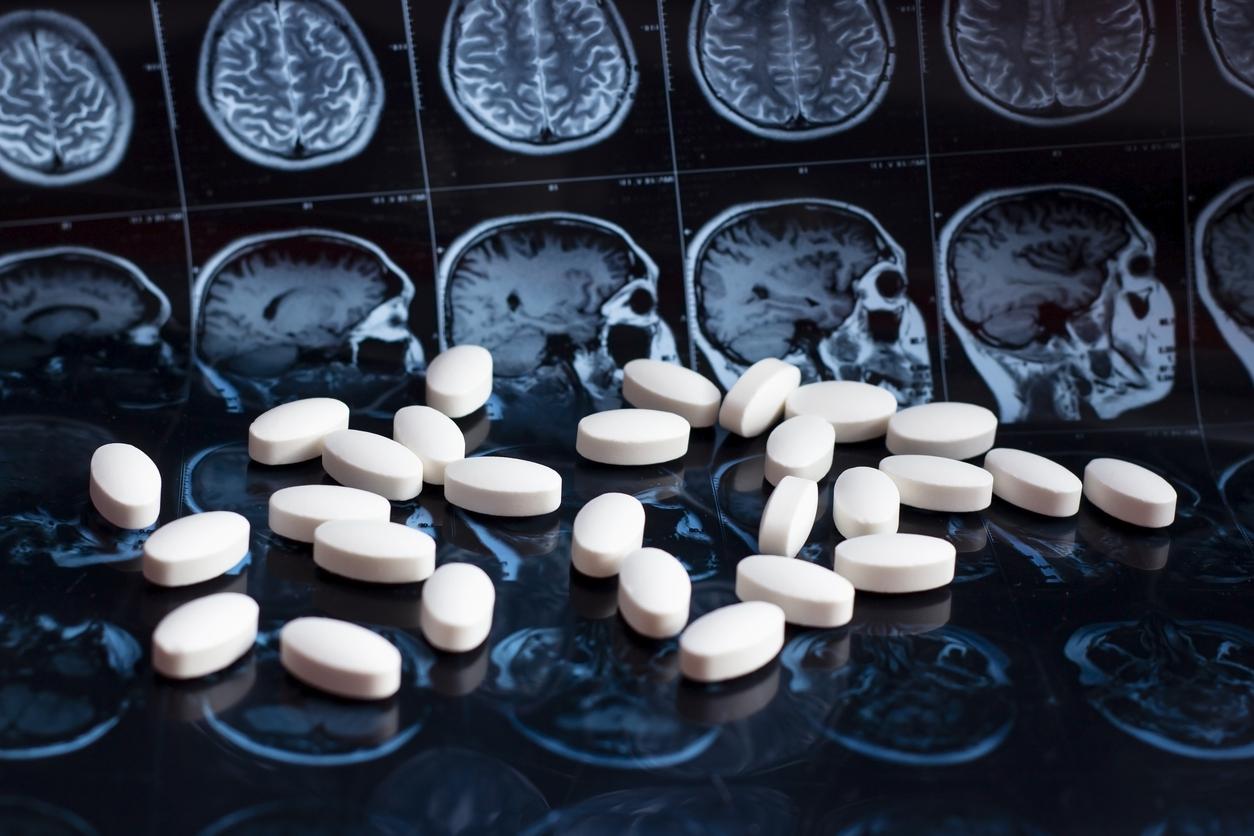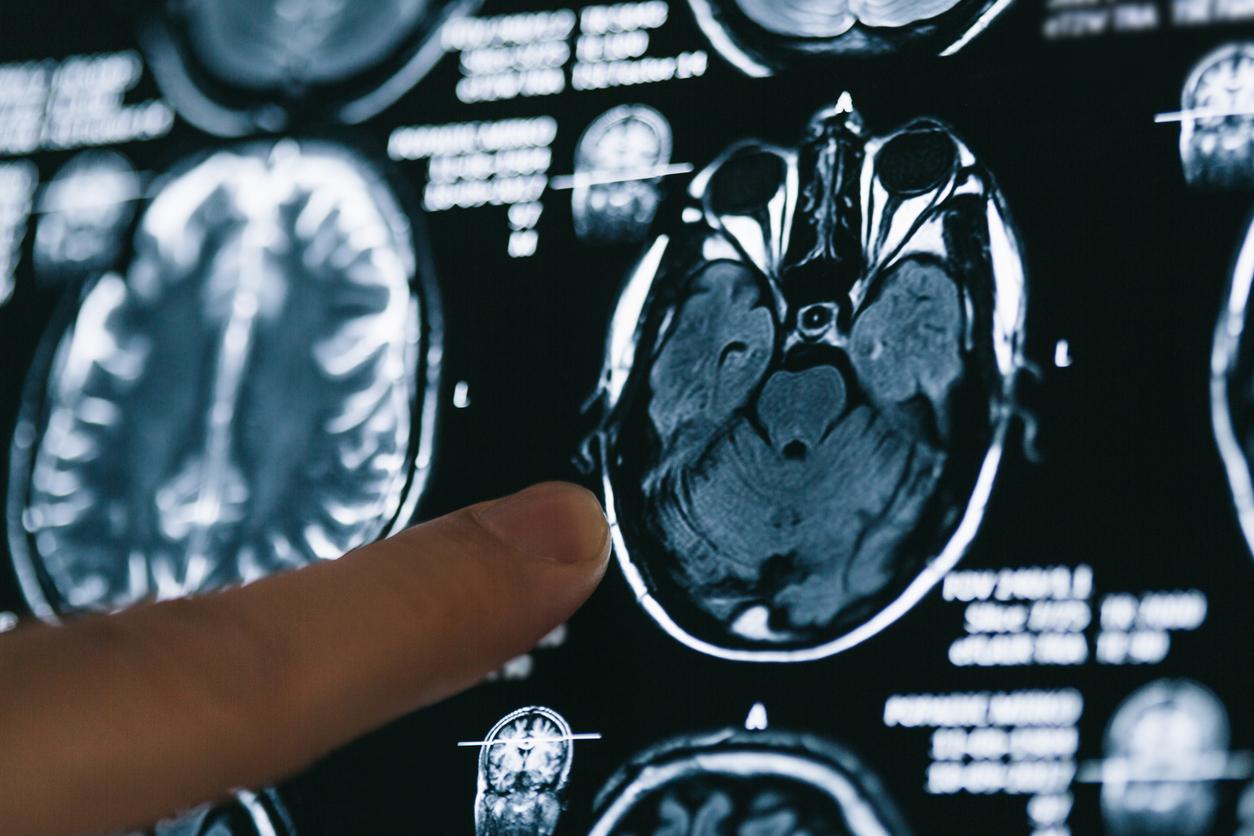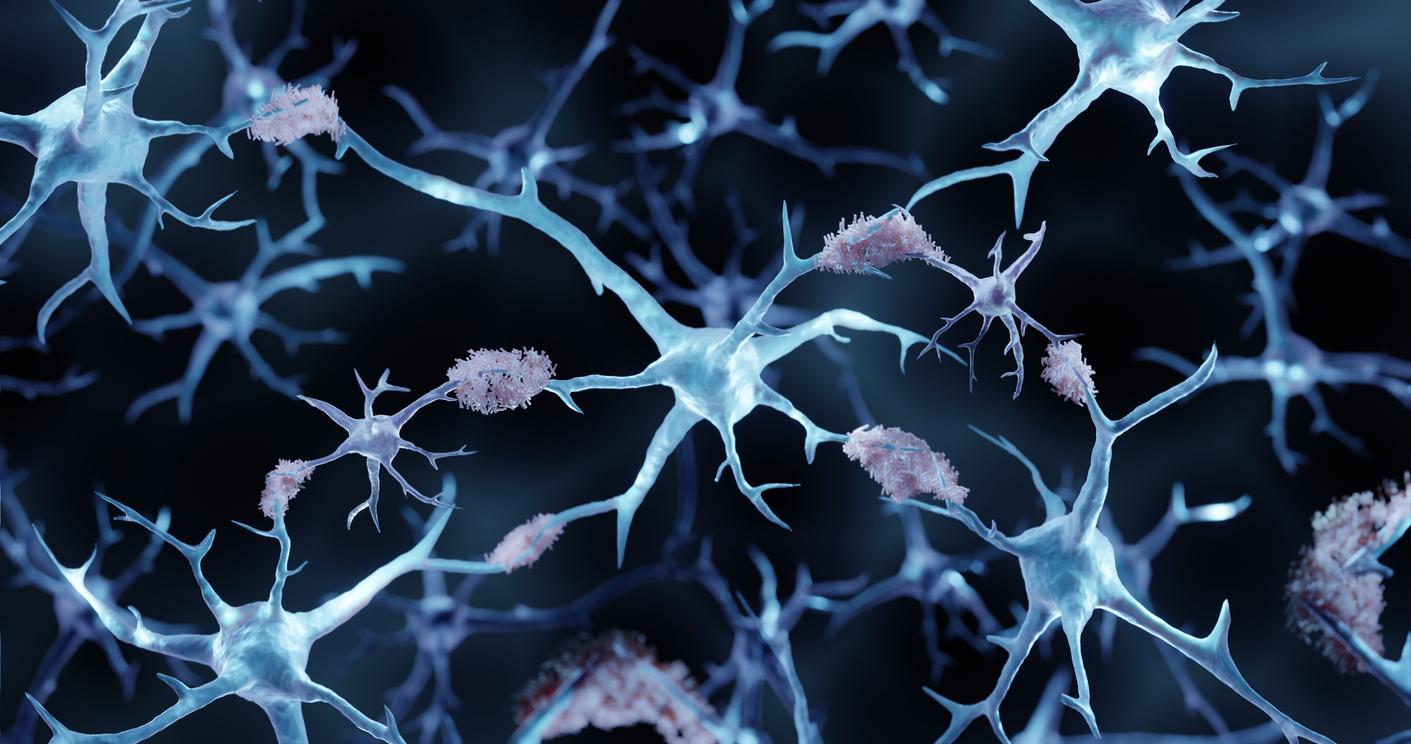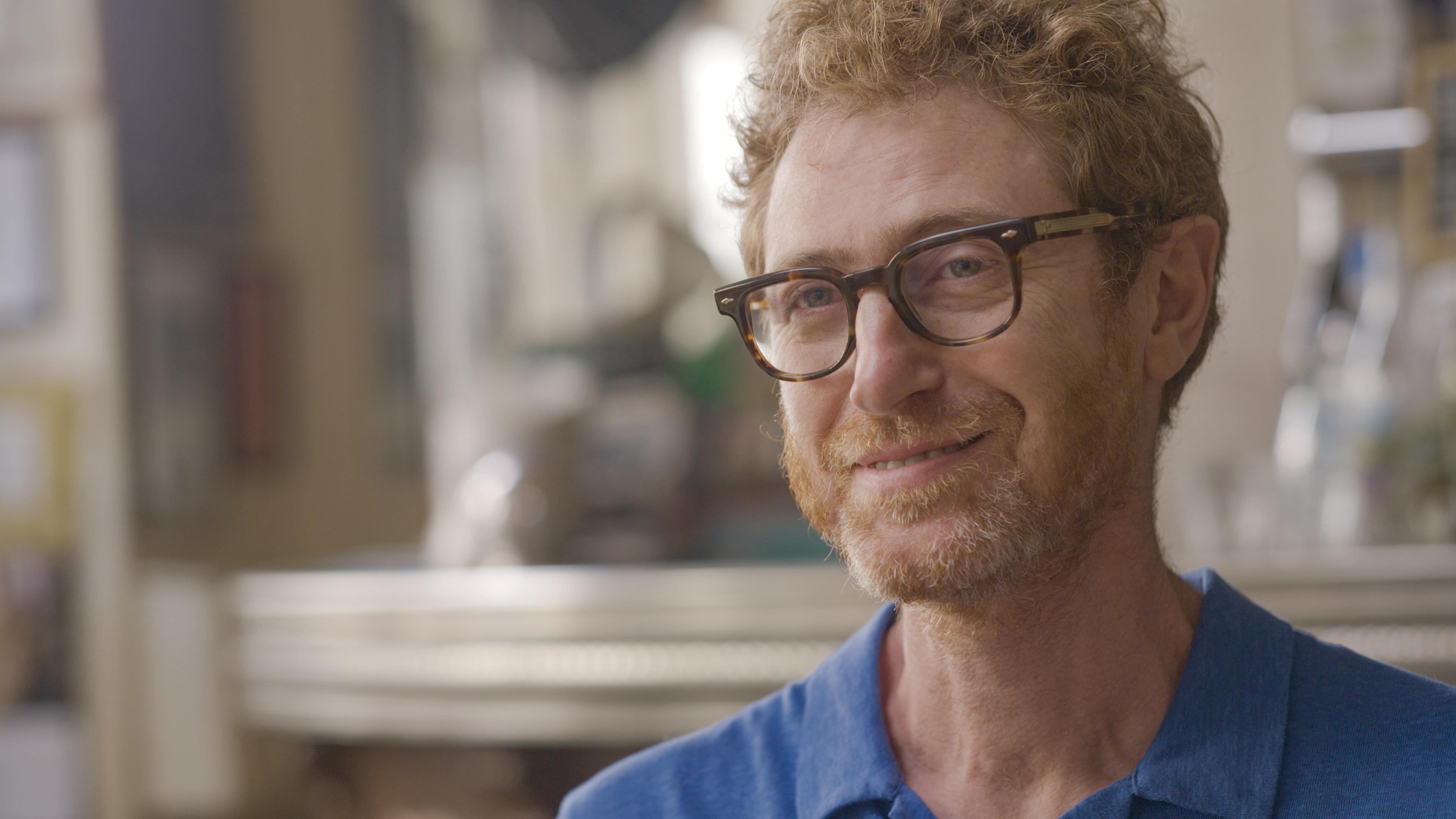Currently, Alzheimer’s disease is covered 100% once the diagnosis is made according to the long-term condition No. 15 of the Health Insurance. But the Minister of Health should soon announce the delisting of treatments. Explanations.

Agnès Buzyn should soon announce the end of reimbursement by Social Security for treatments for Alzheimer’s disease. To settle the controversy surrounding this medication for years, the Minister of Health relied on the High Authority of Health (HAS).
Indeed, the HAS Transparency Committee has reassessed the four drugs used in the symptomatic treatment of Alzheimer’s disease: Ebixa (Lundbeck), Aricept (Eisai), Exelon (Novartis Pharma) and Reminyl (Janssen Cilag). It considered that the actual benefit of these drugs and their generics was insufficient, detailing thatno data is available in the medium or long term, only theThe effects on behavioral disorders, quality of life, time to institutionalization and mortality have not been established.
Likewise, she felt that thehe data accumulated since the medicinal products were marketed confirm the risk of the occurrence of sometimes serious adverse effects (syncope, severe skin reactions, etc.) and / or likely to alter the quality of life of patients (digestive, cardiovascular, neuropsychiatric disorders, etc.). Whathe target population is often polypathological and polymedicated, the risks of drug interactions and serious adverse effects are therefore increased. And finally, whatNo benefit for caregivers has been established.
850,000 people affected
Today in France, more than 850,000 people have Alzheimer’s disease or a related disease, mostly people over 75 years old, although there are also nearly 35,000 people affected before the age 65. Globally, Alzheimer’s disease is involved in 60 to 70% of dementia cases. With the aging of the population in industrialized countries, the number of people developing Alzheimer’s disease is increasing dramatically. In total, the number of new cases of dementia is around 7.7 million each year and is expected to reach 75.6 million in 2030 and 135.5 million in 2050, according to the WHO. Specifically, the number of people with dementia is therefore expected to almost double every 20 years.
According to Foundation for medical research, “225,000 new cases are diagnosed “every year in France, or nearly one every three minutes.” In 2020, 1 in 4 French people over 65 years of age should be affected by Alzheimer’s disease. “The cost of the care of Alzheimer patients is particularly high in the long term: it is estimated that 1,000 euros per month remain the responsibility of patients and their families. WHO estimates that in 2010, the total societal cost of dementia worldwide was $ 604 billion, or 1% of global gross domestic product.
“These drugs had some use”
“This will create an inequity between the families who will have the means to pay for these drugs and the others”, explains to The cross Benoît Durand, general manager of the France Alzheimer association. “Well used, these drugs had a certain utility. We had good feedback from patients and families,” continues Professor Philippe Amouyel (CHRU Lille), director general of the Plan Alzheimer Foundation.
In response to these criticisms, the HAS has just published a guide on an “adapted care and support path” for Alzheimer’s patients. “It is all the same strange to consider that the only signifier of a medical consultation is the drug, explained the doctor Claude Leicher to La Croix in April 2017. What is beneficial for the patients, it is first of all to answer to their wish to stay at home where they have all their bearings, with the maintenance of social and friendly relations. Of course, this does not cure the disease, but it slows the evolution of cognitive disorders. “
Current support
Patient care relies on the cooperation of the general practitioner and the specialist. An annual visit to a specialist consultation is recommended, in particular to assess the effect of the treatment and renew it if necessary. Other professionals can also participate in the cognitive stimulation of the patient: speech therapists, home intervention teams including occupational therapists or psychomotor therapists.
Currently, Alzheimer’s disease is covered 100% once the diagnosis is made according to the long-term condition No. 15 of the Health Insurance. Medico-social assistance is intended for people with loss of autonomy. After 60 years, it is the obtaining of the APA (assistance to the elderly) which makes it possible to set up a caregiver or a caregiver for the toilet for example. Before the age of 60, a request for PCH (disability compensation benefit) can be addressed to the MDPH (Departmental House for the Disabled).
Disability for professional incapacity is justified in young patients who are not retired. The medico-social process can be complex and it is advisable to approach the MAIA (House for the reception and integration of Alzheimer’s patients) sector in order to benefit from the appropriate aid. Without forgetting the appropriate legal protection measures (curatorship, guardianship, advance directives).
Meditation and learning English change our brain structures. So should one or the other be practiced to maintain good mental health? This is the original choice that could be made in your sixties to prevent or delay Alzheimer’s disease. Discover our entire program “Alzheimer’s: meditation or English?”

.

















